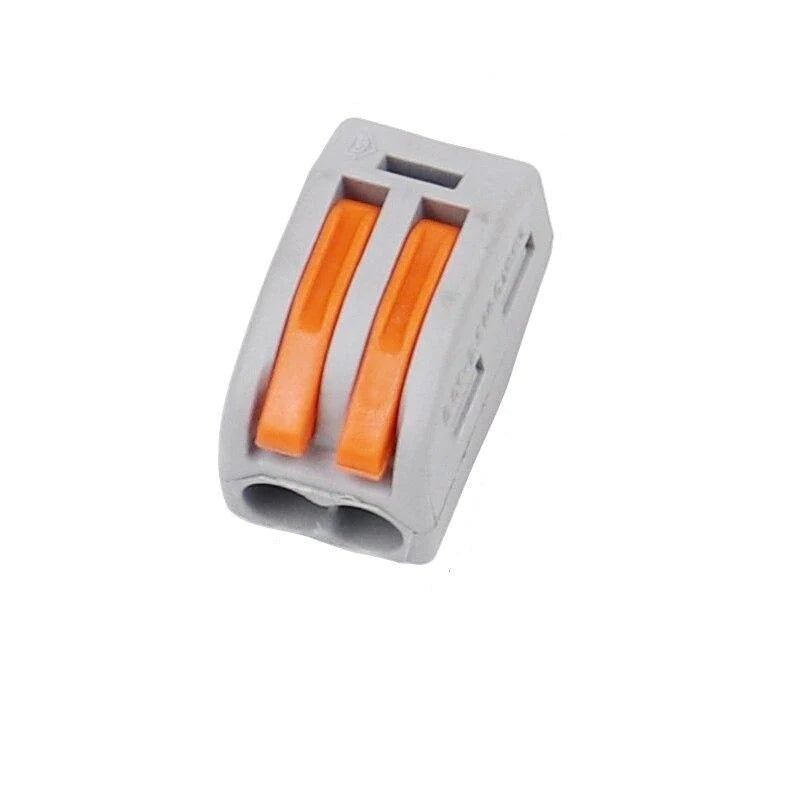
Types of terminal blocks connectors
There are different types of terminal block connectors available in the market, each with their specific characteristics and applications. In this article, we will discuss some of the types most common terminal block connectors.
Screw Terminal Block
This is a type of terminal block connector that uses screws to secure wires or cables. Conductors are inserted into the terminal block and tightened through the screws, creating a secure connection. Screw terminal blocks are widely used in industrial and residential applications as they provide a stable connection and allow easy removal and replacement of wires.
Spring Terminal Block
Also known as pressure terminal block or quick connection spring terminal block, this type of terminal block connector uses an internal spring to secure the
drivers. Wires or cables are inserted into the terminal block, and the spring exerts pressure on the terminal blocks conductors, establishing a reliable connection.
Spring terminal blocks are popular due to its ease of use and ability to connect and disconnect wires quickly, without the need for tools.
Terminal Block IDC (Insulation Displacement Connector)
This type of terminal block connector is mainly used in telecommunications and networking applications. He has sharp contact blades that pierce the insulation of the wires when they are inserted into the terminal block, establishing an electrical connection. IDC terminal blocks are widely used in telephone switchboards, data communication systems and other network devices.
Snap-On Terminal Block
Also known as a quick connect terminal block or locking terminal, this type of terminal block connector uses a locking mechanism fitting to secure the wires. The conductors have push-in terminals that are inserted into the terminal block, and a locking mechanism keeps them in place. The terminal blocks of fittings are often used in automotive applications where vibration and environmental conditions can affect the electrical connection.
Terminal Bar Terminal Block
This type of terminal block connector is used in high power applications such as electrical distribution panels and control cabinets. It consists of a metal bar with several connection terminals, where the cables are connected.
Bar Terminal Blocks are designed to handle high currents and provide a reliable connection in large-scale power systems.
These are just some of the types of terminal block connectors available. Each kind It has its own advantages and is suitable for different applications. When choosing a terminal block connector, it is important to consider factors such as current capacity, type of wire or cable to be connected, the application environment and the specific requirements of the electrical or electronic system.
In short, terminal block connectors play a key role in connecting and managing wires and cables in electrical systems. With a variety of types available, you can find the right terminal block connector for each application, ensuring a secure and reliable connection.
